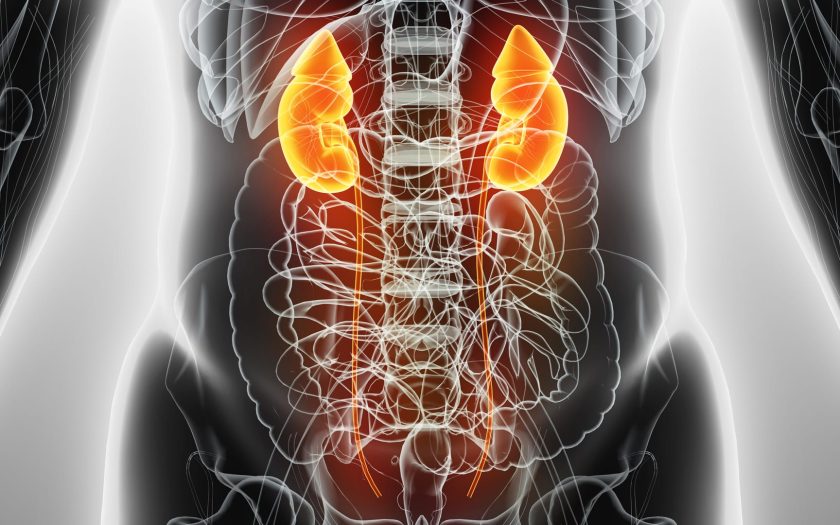Kidneys (K.) are a pair of bean-shaped organs located near the backbone. While they function well, we don’t even think about how important they are for the body. But kidney failure can cause extremely cross consequences.
Why does the body need kidneys?
The main function of K. is filtering all kinds of metabolic waste and their excretion from the body. Except that, K. also synthesizes some vitamins and important hormones.
One and a half thousand liters of blood pass through the kidneys every day. the body removes from five hundred milliliters to several liters of water and waste per day with urine. Together with the bladder, the kidneys form a compact, fully autonomous and highly effective system of getting rid of “garbage”, which does not require a lot of energy.
What can impede the normal functioning of the kidneys?
There are many factors that can cause the kidney’s malfunction, but lifestyle and diet are the main ones.
About one third part of patients have diabetes, every eighth person has kidney disease caused by high blood pressure, and every twentieth person has problems with the urinary system because of genetic reasons. More rarely, kidney diseases emerge in connection with dysfunction of the immune system and side effects from the use of some medicines.
How are K.’s diseases appeared?
The insidiousness of such maladies is that their symptoms appear quite late and are not specific. Before symptoms become apparent, the kidneys can lose up to ninety percent of their function.
General symptoms include loss of appetite, changes in taste sensations, nausea, itching, and fatigue. It is much less common for patients to go to a medical facility with complaints about the presence of protein or blood in the urine and because of swelling. However, swelling is effectively treated with such drugs as Lasix, Aldactone.
Is it possible to restore K.’s normal work?
- is the only organ in the body, the failure of which does not threaten death. Thanks to modern medicine, patients who have completely or partially broken their function can live normally.
An alternative filtration of toxins and waste is called dialysis. It is accepted to distinguish two types of this process – hemodialysis and peritoneal.
Peritoneal dialysis allowed for the use of filtration qualities of the patient’s peritoneum. With the help of a catheter, a special container that accumulates toxins is placed inside the patient’s abdomen. The dialysate changes according to the degree of contamination.
Hemodialysis is carried out two or three times a week. The patient’s venous blood is sent to a special filtering device. After cleaning, it goes back to the body.
The need for dialysis automatically disappears after the patient receives a kidney transplant. This procedure is carried out with general anesthesia.
As a rule, the donor’s kidney, is perceived by the body as a foreign object at first. In order to avoid rejection, patients take drugs that suppress the immune system, which of course makes them very vulnerable to infections.

